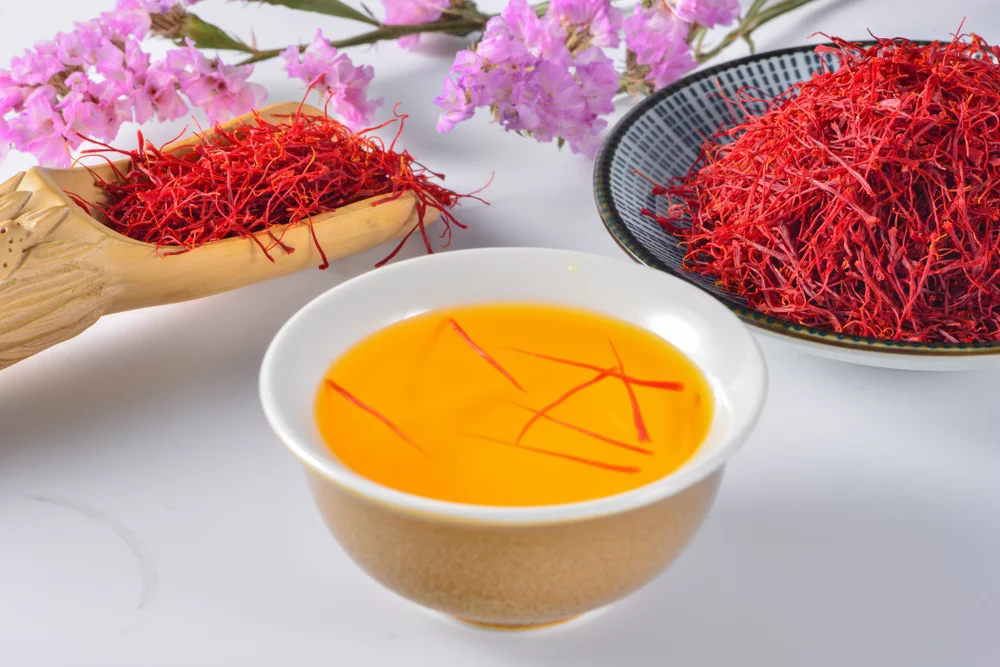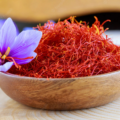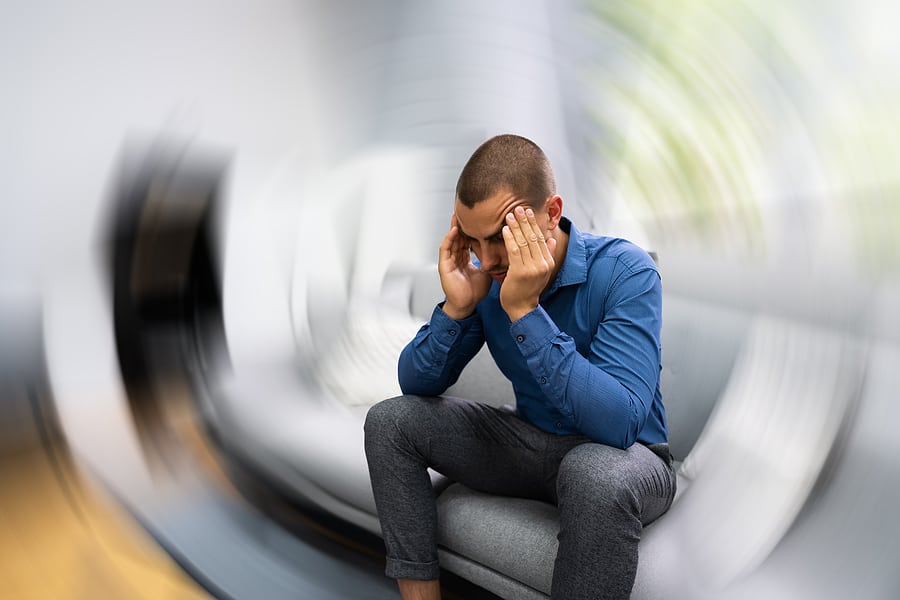Dizziness, Faint, Flightiness, Wandering, Delirium.
Root Cause of Disease
Lightheadedness is the one of the type of Dizziness. Lightheadedness is feeling as if you might faint. Your body may feel heavy while your head feels as if it is not getting enough blood. Another way to describe lightheadedness is as a “reeling sensation.” Lightheadedness may be accompanied by clouded vision and a loss of balance.
Lightheadedness often occurs when you move quickly from a seated to a standing position. This positional change results in decreased blood flow to the brain. This can create a drop in blood pressure that makes you feel faint. You are more likely to experience this condition if you are dehydrated due to illness or insufficient fluid intake. The sensation may improve when you sit or lie back down.
Symptoms
- Facial drooping on one side
- Nausea
- Pressure or pain in the chest
- Shortness of breath
- Unexplained sweating
- Vomiting
Causes
Besides dehydration and positional change, other common causes of lightheadedness include:
- Allergies
- Altitude sickness
- Having a cold
- Having the flu
- Low blood sugar
- Using tobacco, alcohol, or illegal drugs
- Dehydration caused by vomiting, diarrhea, fevers, and other illnesses
- Very deep or fast breathing (hyperventilation)
- Anxiety and stress
Some prescription and over-the-counter medications can also cause lightheadedness.
In some instances, lightheadedness is due to a more serious condition, including:
- Heart conditions, such as a heart attack or heart beating out of rhythm
- Internal bleeding (in your internal organs or organ systems)
- Shock that causes a significant blood pressure drop
- Stroke
Home Remedies To Treat lightheadedness
Remedy-1: Ginger Tea
Materials used: Ginger, lemon, water

Procedure:
- Thinly slice your fresh ginger. You don’t need to peel it first, but do rinse it and scrub off any visible dirt.
- In a saucepan, combine the ginger with fresh water.
- Bring the mixture to a boil over high heat.
- Simmer for five minutes .
- Pour the tea through a fine sieve to catch all of the ginger, add lemon to improve taste
Product Link: Ginger
Remedy-2: Saffron
Materials: Saffron, Water

Saffron is also known to boost the strength of the body and prevent over-accumulation of substances causing issues in the ear. You can add saffron to your food items or prepare saffron tea. This might benefit you in managing Disequilibrium .
Procedure:
- Boil the water in a kettle.
- Add a small pinch of saffron .
- When the water has boiled, count to ten, then pour it over the saffron. Let the water cool, steep for 5 minutes.
- Strain, and sweeten as desired.
Remedy – 3: Almonds

Almonds are a rich source of Vitamin A, E, and omega 3 fatty acids which keeps the brain healthy.
Product Link: Almonds
Preventions
- Be aware you may lose your balance when walking, which can cause a fall and serious injury.
- Move carefully and slowly, using a cane for mobility if necessary.
- Prevent falls in your home by removing things you may trip on, such as area rugs and electrical cords; add nonslip mats to your bath or shower floor; make sure your home is well-lit.
- Sit or lie down as soon as you feel lightheaded; lie down with your eyes closed in a darkened room if you’re experiencing a serious bout of vertigo.
- Do not drive a vehicle or operate heavy machinery if you often become lightheaded without warning.
- Eat a healthy diet rich in a variety of nutrients.
- Get enough sleep (8 to 10 hours for teenagers, 7 to 9 hours for young adults and adults, and 7 to 8 hours for older adults).
- Avoid additional stress by practicing relaxation techniques such as deep breathing, yoga and meditation.
- Drink enough fluids (at least eight glasses a day).




